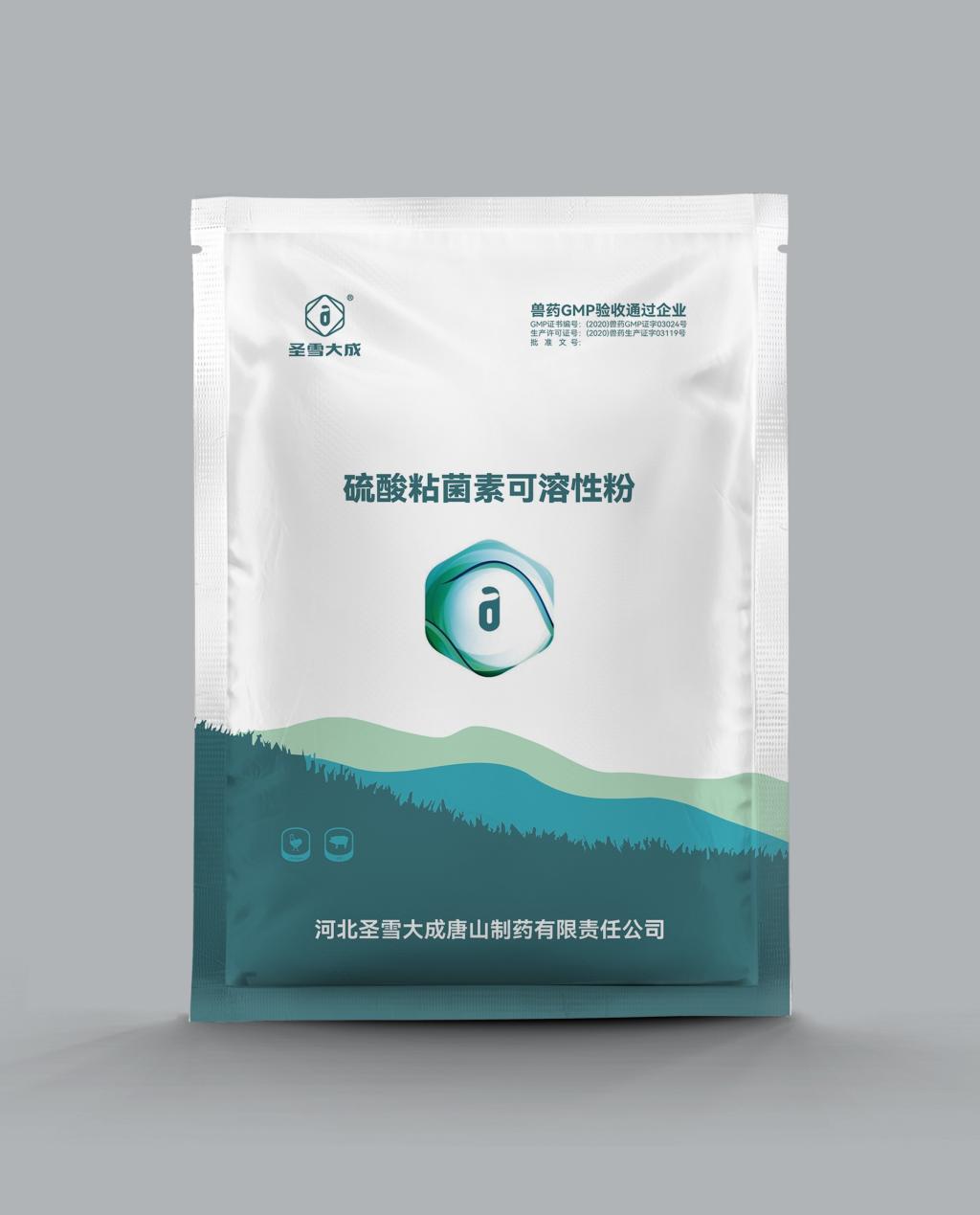Tel:0086 18231198596

News
Current Position:
Home >
News
>A Look into the Future: Colistin Sulfate Soluble Powder in Next-Gen Agriculture.
A Look into the Future: Colistin Sulfate Soluble Powder in Next-Gen Agriculture.
TIME:2024-01-16
Introduction:
The future of agriculture is shaped by a confluence of factors, including technological advancements, environmental sustainability, and the imperative to ensure food security. Colistin sulfate soluble powder, traditionally used in veterinary medicine, is at a crossroads as agriculture embraces next-generation practices. This article delves into the possibilities, challenges, and ethical considerations surrounding the future of colistin sulfate in agriculture.
The Current Landscape: Colistin Sulfate in Agriculture
2.1 Historical Use and Controversies:
This section provides a brief overview of the historical use of colistin sulfate in agriculture, emphasizing its controversies, such as concerns about antimicrobial resistance and the impact on public health.
2.2 Current Challenges and Regulatory Frameworks:
An analysis of the current challenges associated with colistin sulfate, including regulatory frameworks and the need for responsible antibiotic use, sets the stage for exploring its future role in agriculture.
Technological Advancements Shaping Next-Gen Agriculture
3.1 Precision Agriculture:
The advent of precision agriculture has transformed farming practices. This section discusses how precision agriculture technologies, such as sensors, data analytics, and IoT devices, could influence the use of colistin sulfate in a more targeted and responsible manner.
3.2 Gene Editing and Biotechnology:
Advancements in gene editing and biotechnology present opportunities to develop livestock with enhanced disease resistance. This section explores how such innovations might impact the need for antibiotics like colistin sulfate in agriculture.
Sustainable Agriculture Practices
4.1 Alternative Disease Prevention Strategies:
Sustainable agriculture emphasizes reducing reliance on antibiotics. This section examines alternative strategies for disease prevention, including probiotics, vaccines, and improved biosecurity measures, that may reduce the need for colistin sulfate.
4.2 Organic Farming Approaches:
The organic farming movement promotes practices that prioritize animal welfare and environmental sustainability. This section explores how organic farming approaches may influence the use of colistin sulfate and other antibiotics.
Next-Gen Livestock Management
5.1 Smart Farming Systems:
Smart farming systems integrate technology to monitor and manage livestock health. This section explores how these systems could enhance disease prevention and reduce the dependence on antibiotics like colistin sulfate.
5.2 Robotics and Automation:
The integration of robotics and automation in agriculture can lead to more controlled and hygienic farming practices. This section discusses how these technologies might contribute to minimizing the need for antibiotics in livestock.
Addressing Concerns: Antimicrobial Resistance and Food Safety
6.1 Responsible Antibiotic Stewardship:
A crucial aspect of the future of colistin sulfate in agriculture is responsible antibiotic stewardship. This section explores strategies to mitigate antimicrobial resistance risks, including targeted use, proper dosage management, and adherence to withdrawal periods.
6.2 Food Safety and Residue Management:
Ensuring food safety is paramount. This section examines how the future of colistin sulfate in agriculture must address concerns related to antibiotic residues in food products through rigorous residue management practices.
Global Perspectives: Collaborative Solutions
A global perspective on the future of colistin sulfate in agriculture requires collaboration. This section discusses the need for international cooperation, shared best practices, and the development of global guidelines to ensure responsible use.
Ethical Considerations and Public Perception:
The ethical considerations surrounding the use of colistin sulfate in agriculture cannot be overlooked. This section explores the importance of transparent communication, public education, and ethical decision-making in shaping the future trajectory.
Future Challenges and Opportunities:
This section discusses potential challenges and opportunities that may arise as agriculture evolves. It addresses factors such as economic considerations, industry collaborations, and the need for ongoing research to inform the responsible use of colistin sulfate in the future.
Conclusion:
In conclusion, the future of colistin sulfate in agriculture is dynamic and multifaceted. As next-generation agriculture unfolds, stakeholders must navigate technological advancements, sustainable practices, and global challenges to ensure the responsible use of antibiotics. This article provides a comprehensive exploration of the potential trajectory of colistin sulfate in agriculture, emphasizing the need for informed decision-making, ethical considerations, and a collective commitment to shaping a sustainable and resilient future for global agriculture.

 CONTACT
CONTACT




